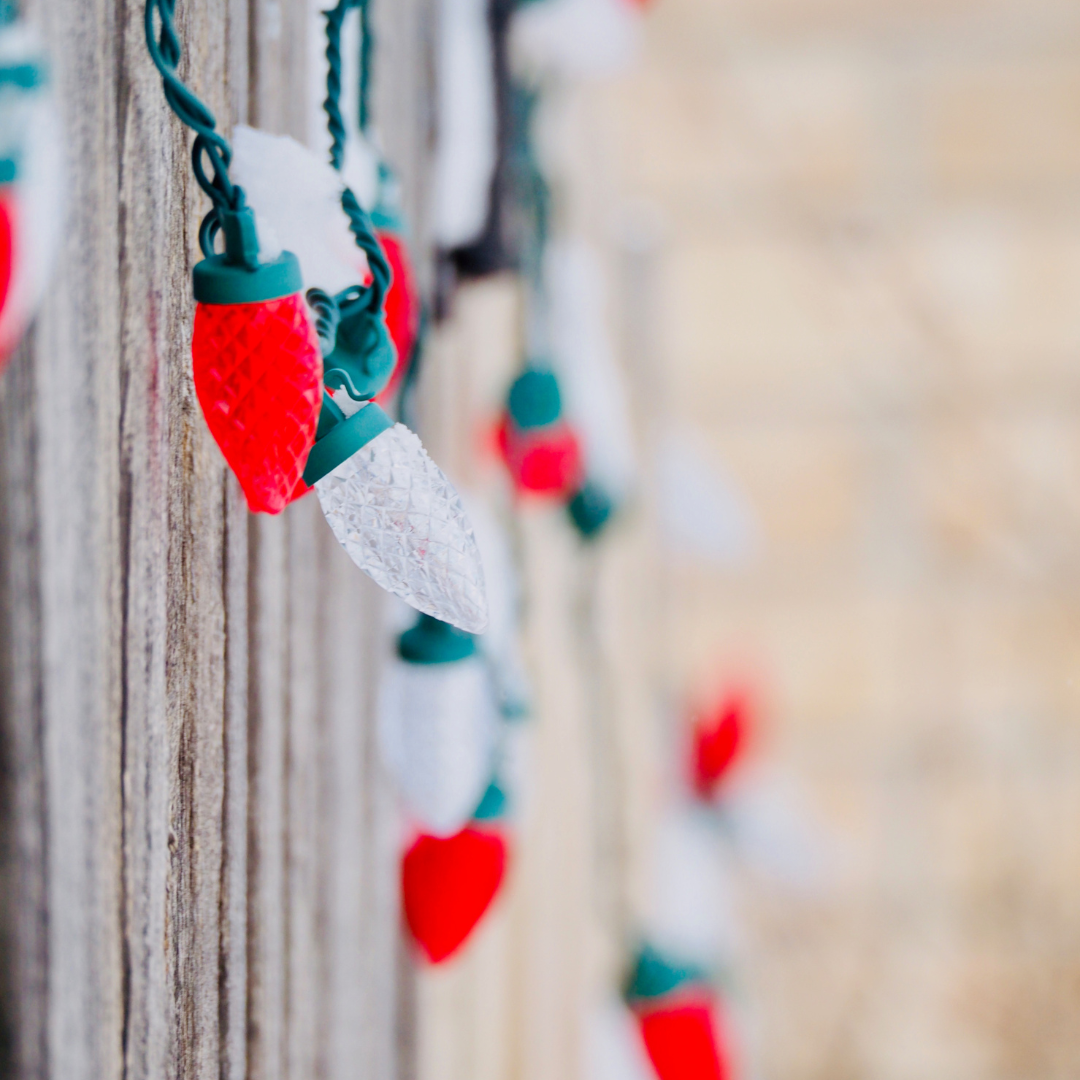Serving Douglassville, King of Prussia & beyond since 1953
Serving Douglassville, King of Prussia & beyond since 1953
Residential
Service & Install
About

Garden Fence Solutions
Fencing is the only sure-fire way to keep wild and domestic animals out of your garden. The best way to keep animals out is to use a solid fence. Fences work best when the animal doesn't know what it's protecting. A hungry animal that knows food is available will try harder to get through any fence. Solid fences provide a visual block so they don't know what they're missing.
Electric fences are more expensive and need maintenance. You also need to keep vegetation from touching the fence. It will reduce its charge or ground it out. Always make sure to check local ordinances on building fences. Large fences may block desired views or violate codes. You’ll need to choose the right type of garden fence based on the types of animals you are trying to keep out of your garden.
Deer: Deer are probably tops on the list of many homeowners. Because deer can jump, the fence needs to be constructed high and at an angle to deter them. This will make them think twice about jumping. Keep the fence snug to the ground, because deer can also get under fences.
Rabbits: No matter what type of fence you install (unless it’s a solid fence), you will need to also use chicken wire fence that has 1-inch diameter holes. To prevent rabbits from digging under, curve the bottom of the chicken wire 90 degrees to create an apron a foot or so wide, and bury it several inches deep.
Cats and Dogs: Your best bet is to use wire mesh behind your fence. This will keep dogs from digging under and cats from climbing over. Bend the base of the wire mesh outward to form a 2-foot wide apron along the ground to discourage digging.
Gophers, Chipmunks, Moles (and other tunneling animals): These subterranean travelers have the advantage of being out of sight most of the time, and can do their dirty work of munching your plants undetected. If your garden is plagued by any of these tunneling creatures, you can create cages or baskets to protect prized plants. Dig a 2- to 3-foot deep hole in the planting area and line the sides and bottom of the bed with wire mesh. Replace the soil and plant your garden.
Raccoon and Opossum: These animals dig and climb, so you will need to add a floppy barrier to both the top and bottom of your fence to prevent them from climbing over or digging under your fence. Raccoons and opossums don't like material that clings to their feet, so draping bird netting on the ground outside of the fence and keeping the grass mowed may also deter them.
If these options to deter animals from eating your fruits and veggies are overwhelming, just give us a call. We can help you plan the right kind of fence to protect your garden.
Electric fences are more expensive and need maintenance. You also need to keep vegetation from touching the fence. It will reduce its charge or ground it out. Always make sure to check local ordinances on building fences. Large fences may block desired views or violate codes. You’ll need to choose the right type of garden fence based on the types of animals you are trying to keep out of your garden.
Deer: Deer are probably tops on the list of many homeowners. Because deer can jump, the fence needs to be constructed high and at an angle to deter them. This will make them think twice about jumping. Keep the fence snug to the ground, because deer can also get under fences.
Rabbits: No matter what type of fence you install (unless it’s a solid fence), you will need to also use chicken wire fence that has 1-inch diameter holes. To prevent rabbits from digging under, curve the bottom of the chicken wire 90 degrees to create an apron a foot or so wide, and bury it several inches deep.
Cats and Dogs: Your best bet is to use wire mesh behind your fence. This will keep dogs from digging under and cats from climbing over. Bend the base of the wire mesh outward to form a 2-foot wide apron along the ground to discourage digging.
Gophers, Chipmunks, Moles (and other tunneling animals): These subterranean travelers have the advantage of being out of sight most of the time, and can do their dirty work of munching your plants undetected. If your garden is plagued by any of these tunneling creatures, you can create cages or baskets to protect prized plants. Dig a 2- to 3-foot deep hole in the planting area and line the sides and bottom of the bed with wire mesh. Replace the soil and plant your garden.
Raccoon and Opossum: These animals dig and climb, so you will need to add a floppy barrier to both the top and bottom of your fence to prevent them from climbing over or digging under your fence. Raccoons and opossums don't like material that clings to their feet, so draping bird netting on the ground outside of the fence and keeping the grass mowed may also deter them.
If these options to deter animals from eating your fruits and veggies are overwhelming, just give us a call. We can help you plan the right kind of fence to protect your garden.
Also in News

New Year, New Projects!
Contact us today to take the first step in reaching your New Year's goals for your home at https://all-typefence.com/pages/request-a-quote!

Holiday Fence Inspo
"It’s a beaut, Clark!" Now we all know Clark Griswold had his vision of what he wanted his house to look like for the holidays, so what about your fence?
Subscribe
Sign up to get the latest on sales, new releases and more …















